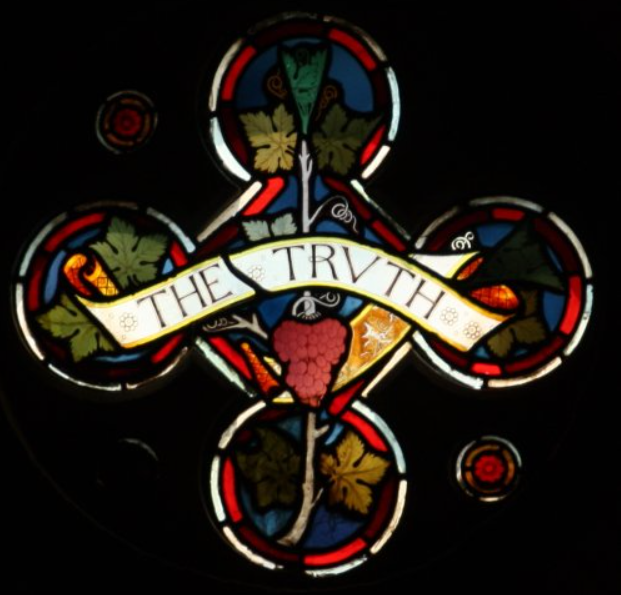
Any person who wishes to interact with the world around them must have beliefs of some sort. It is impossible to escape this as even asserting that we cannot have beliefs is itself a belief about the way the world is. What we believe governs the way we act, which makes it important that we believe in the right things.
So what should you believe? There are many theories about what one ought to believe and many options to choose from. You could choose to believe what authority tells you to believe, or you could choose to believe what's useful or even believe what feels nice. There's a lot of people who structure their beliefs according to either of the options I mention above, and go about that way their whole life. They have their occasional benefits, but have a lot of shortcomings that ought to be avoided.
For example, believing what people with authority tell you to believe is a great way to conform to societal norms. This often reduces social friction hence why many people opt to do so. The downside is that holding the wrong beliefs can adversely affect you in many ways. If I were told by authority that logically contradictory things could happen, I would be unable to make sense of various phenomena in our world. If anything, I would probably be unable to have any sort of coherent ideas about the world because both the idea and the opposite of the idea could be true if logically contradictory things could happen. So it doesn't seem very apt to rely on authority for your beliefs solely.
What about believing in what's useful? That seems like a great way to structure your worldview in a way where you benefit from what you choose. However, this too has its own problems. If you live in a society where certain ideas hold great favor among the populace, you might be forced to believe them regardless of whether or not they are true. If your society wins a war against another society, it might be useful to believe that your society was just and right in its conquest even if they committed multiple war crimes. You would likely not benefit from making unpopular statements and so it wouldn't make sense to hold a useless belief. Your beliefs would likely not mean much in such a philosophical system because if public sentiment shifted, your beliefs would likely shift too making them fickle and vain.
Some people give up here and choose to believe in what feels nice to them. This can be very tempting and hard to avoid because our mind is often against us in such a case. Still, one should still fight against such a belief system because it can be disastrous. Due to a disdain of proselytism in Deism, many are often content to let others hold their often erroneous views, but beliefs themselves don't hold merit. If I held a belief that by refusing to work, I would make myself richer, I would be setting myself up for failure even though such a belief might seem nice to me. Worse, I would be setting up other people for failure if they chose to adopt my beliefs. I draw a parallel from this hypothetical case to the way many people construct their conception of God because many times they add certain attributes only because it comforts their pre-existing worldview.
The only correct way to structure your worldview is to believe in what is true. This allows you to be honest with yourself, and allows you to be honest about the world around you. Consequently, it makes you a better person too. Your actions and thoughts are more in line with reality if you believe true things rather than falsities. It is a tough task no doubt. I find that is why Deism isn't as widespread as it could be, because many people do have a preference for being told what to believe, or to get bogged down in their emotions. Even so, the task behooves anyone wanting to be a better person to learn to hold proper thoughts and the proper way to determine what is true.
